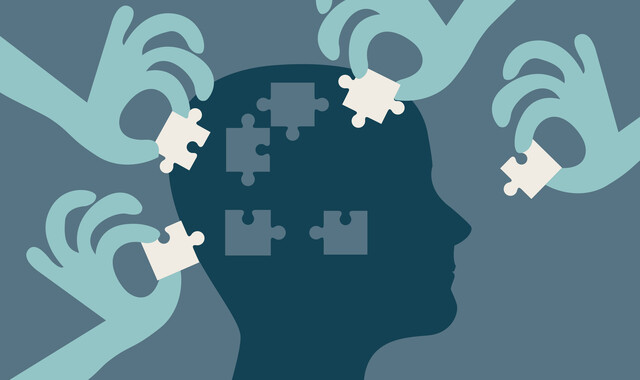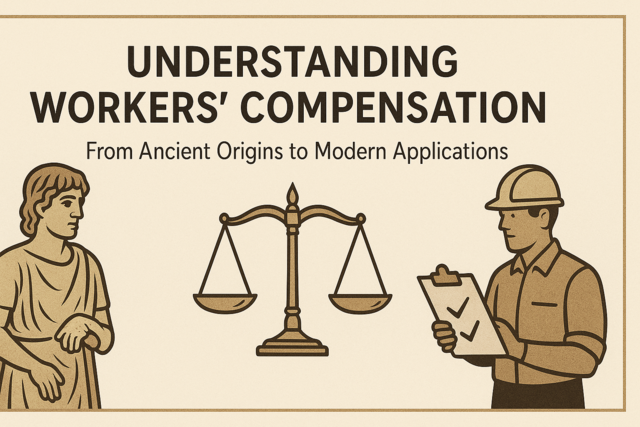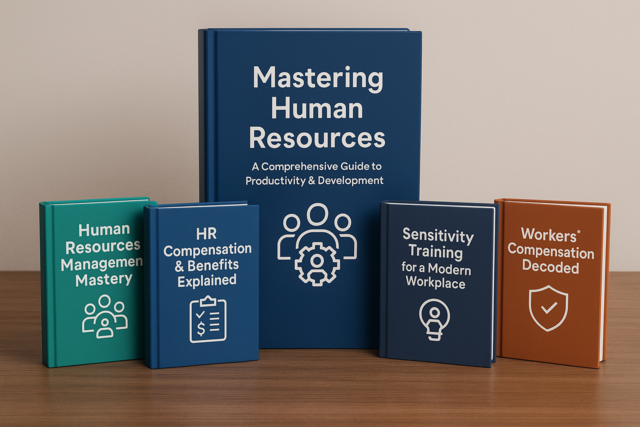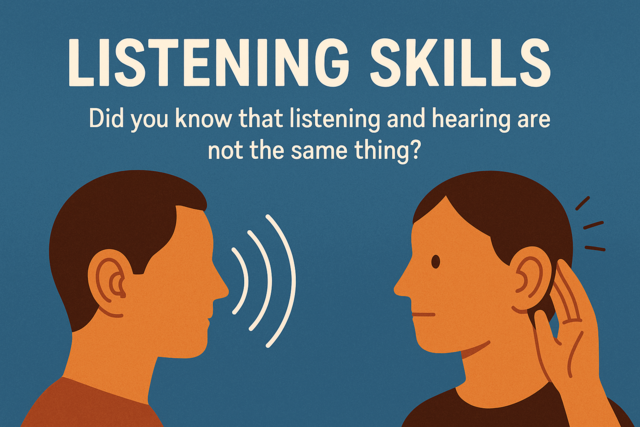Memory Improvement
Empower Your Mind: Unlock the Secrets to a Sharpened Memory

In this dynamic course, you'll journey into the heart of memory science, exploring the intricate mechanics of why we remember and how we can enhance this fundamental human ability. Whether you're a student aiming for academic excellence, a professional seeking to sharpen your skills, or someone committed to lifelong cognitive mastery, this course meets your needs with unparalleled precision.
Your life changes when your memory unlocks new levels of clarity and retention. Learn how sleep, nutrition, and mental exercises are pivotal to brain health, and how a tailored approach with classic and revolutionary techniques like the Loci Method and Peg Memory can transform your cognitive landscape. By the end of this course, you'll possess an extraordinary toolkit that not only enhances memory but also elevates every aspect of your life.
Join us for the journey of a lifetime and unleash the extraordinary potential of your memory today!
7 Hours average completion time
0.7 CEUs
10 Lessons
21 Exams & Assignments
172 Discussions
11 Videos
13 Reference Files
49 Articles
Mobile Friendly
Last Updated February 2026
Memory: The Quintessential Human Ability and Its Enhancement
Memory isn't just a cognitive function; it's a core component of our identity and a vital tool that influences our daily decisions. While most of us appreciate memory for its role in preserving cherished moments or academic facts, its significance runs much deeper. Memory shapes our interactions, aids problem-solving, and serves as the foundation for all learned behaviors. Without it, our ability to communicate and form relationships would be rendered ineffective. Imagine a day where you couldn't recall the names of your loved ones or even the skills you've honed over the years; such is the indispensable nature of memory.
However, our brains, magnificent as they are, do not possess infinite storage. It's not built to catalog every fleeting moment or sensation. If it did, essential functions like involuntary muscle movements, intricate thought processes, and sensory processing would be compromised. Yet, the selectivity of our memory can sometimes feel limiting. Why do we remember certain facts or events clearly while others fade away? What determines the longevity and clarity of our memories?
There's no singular answer. Memory retention and recall are influenced by a plethora of factors. But here's the silver lining: with the right strategies and understanding, we can optimize our memory functions.
Welcome to our Comprehensive Course on Memory Enhancement!
In this course, we dive deep into the intricate workings of memory, providing insights into why we remember, what we remember, and how we can enhance these processes. From foundational concepts to advanced techniques, our curriculum is designed to equip you with tools that transcend rote memorization.
Course Highlights Include:
-
Foundational Understanding: Start with "How Memory Works," where we delve into the intricate neuroscience and cognitive processes that enable memory.
-
Promoting Brain Health: In "Healthy Habits and Memory," discover the correlation between lifestyle choices and memory prowess. Understand the impact of sleep, nutrition, and mental exercises on cognitive enhancement.
-
Diverse Learning Strategies: "Variety: Say It, Write It, Do It!" encourages a multi-faceted approach to learning, demonstrating how varied engagement can solidify memory.
-
Classic and Innovative Techniques: Master traditional memory techniques like the Peg Memory Systems and the Loci Method. Then, venture into novel methods such as SCAD, teaching you to be an 'Expert Witness' in memory retention.
-
Practical Application: From "Memorizing Numbers" to "Everyday Memory Aids," learn techniques tailored to specific memory challenges. Further, "Powerful Public Speaking" underscores the role of memory in effective communication and influence.
By the end of this course, not only will you have a deeper understanding of the mechanics of memory, but you'll also possess a toolkit of strategies to enhance recall and retention in various aspects of life. The course is self-paced, allowing you to integrate learning into your schedule seamlessly.
Whether you're a student aiming for academic excellence, a professional looking to sharpen your skills, or simply someone keen on maintaining cognitive health, this course offers invaluable insights and tools. Dive in, and unlock the potential of your memory!
- Impactful public speaking skills
- Effective mnemonic usage
- Stronger neural connections
- Heightened spatial memory
- Increased information retention
- Improved recall strategies
- Enhanced problem-solving abilities
- Advanced observational skills
- Versatile learning techniques
- Enhanced cognitive processing
-

Vegetarian Living: Discover the World Beyond Meat
-

The Art of Setting Goals
-

Understanding Workers' Compensation
-

Writing Help Course Bundle
-

How to Read Body Language
-

Conflict Resolution
-

Event Planning 101
-

How to Run an Effective Help Desk
-

Project Management 101
-

Delegation Skills
-

Economics: Complete Edition
-

Career Coaching
-

Generational Diversity in the Workplace
-

Mortgage Loan Processing
-

Understanding Learning Styles
-

Investing 101: Stocks, Bonds, and Mutual Funds
-

Human Resources Productivity Course Bundle
-

Life on Your Terms: Awaken Your Inner Coach
-

Speed Reading 101
-

Kaizen 101 - An Introduction
-

Modern Marketing Strategies for Small Business
-

Party Planning 101
-

Business Branding 101
-

Listening Skills
-

Product Management 101